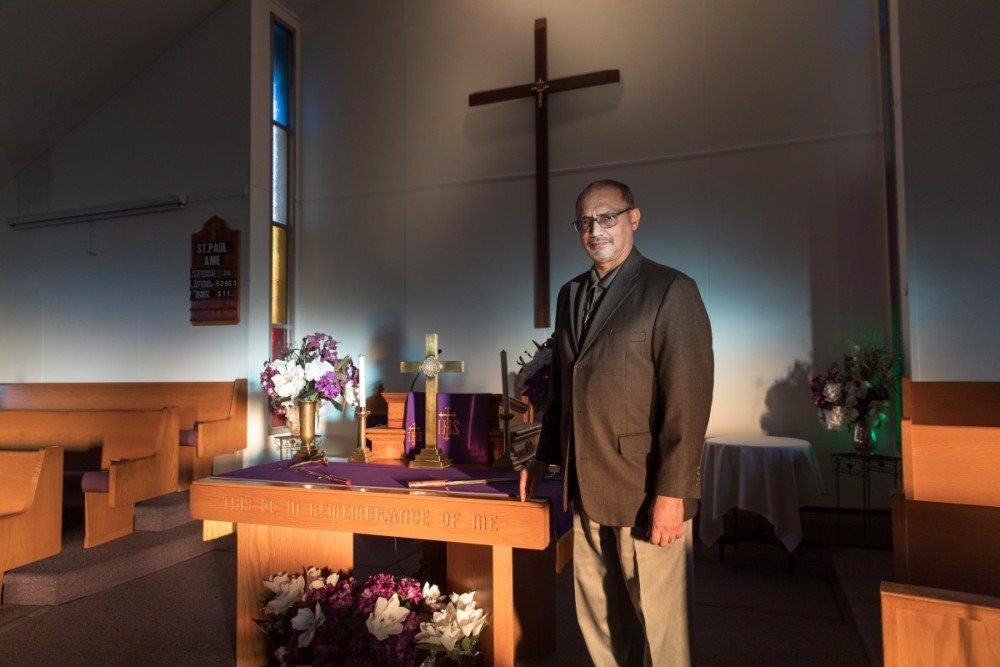How a faith-based network helps people return to their communities after incarceration

After a two-year prison sentence, Amber Bjornsson moved into a recovery home. She took a minimum wage job at a restaurant within walking distance of her transitional housing. But she still faced the substantial court fines she’d accumulated prior to her prison term.
“Everything in front of me was burnt by kerosene, and I had to get across it,” Bjornsson said. “I had $7,000 of fines to pay off, and I worked at a pizza place. How am I supposed to pay those off? I needed help.”
Help came in the form of a coach from Jobs and Hope West Virginia.




